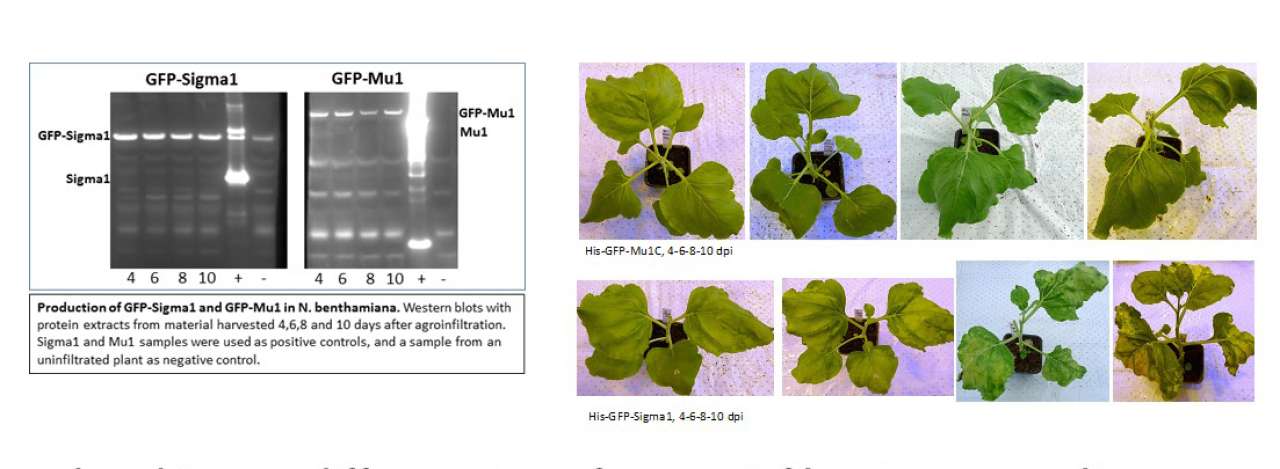Nanoparticle encapsulation of plant-based vaccine against piscine reovirus infection in salmon

End: dec 2019
Start: jan 2015
Commercial farming of Atlantic salmon globally has developed rapidlyover the last two decades and is now above 2 million tons. Norway alone stands for more than 1.1 million tons (2013).
Project participants
Roy Dalmo Ralph Bock Robert Langer| Start - end date | 01.01.2015 - 31.12.2019 |
| Project manager | Øystein Evensen |
| Project manager at Nibio | Jihong Liu Clarke |
| Total budget | 12.5 mill NOK |
| Funding source | Research Council of Norway |
While the industry has had great success in terms of production volumes, losses during the grow-out cycle (sea water stage) are still too high (close to 20% in Norway) and is not at sustainable level. A large proportion of these losses are due to viral infections and there is need for development of novel vaccine formulations/solutions. Nanoparticle based vaccines represent a potential alternative to the current vaccines (oil-adjuvanted) that have proven highly efficacious against bacterial diseases, while lesser so for viral pathogens.
Nanoparticles can be formulated as biocompatible, tolerable formulations with much lesser side-effects than the current oil-formulation and also have a potential of controlled antigen release over extended periods. Of particular interest is the possibility of making highly stable formulations that can retain the antigens and the injection site and facilitate induced antigen release for example through ultrasound induction.
Further to this, for many of the virus infections causing high losses during the grow-out cycle, the virus cannot be cultured in cell lines, thus, recombinant protein vaccine formulation is the only alternative. Antigen production in bacterial systems have proven costly and with antigens of low immunogenicity.
In this project we have put together partners covering methods of antigen production in plants (tobacco plants, Bioforsk/Max Planck Institute), a leading research group in nanoparticle formulation (Langer´s group at MIT, USA), and two fish immunology/vaccinology groups (NMBU/UIT) with long academic and industry experience in vaccine development and testing in farmed Atlantic salmon. Together we have the potential of developing a new concept for fish.
